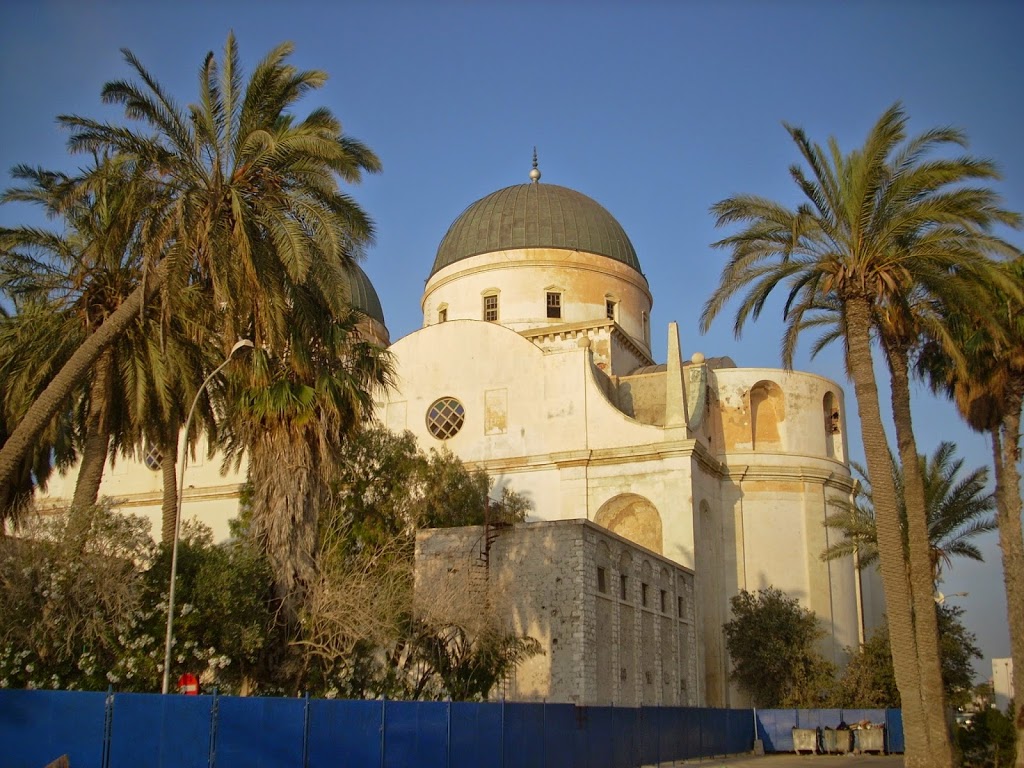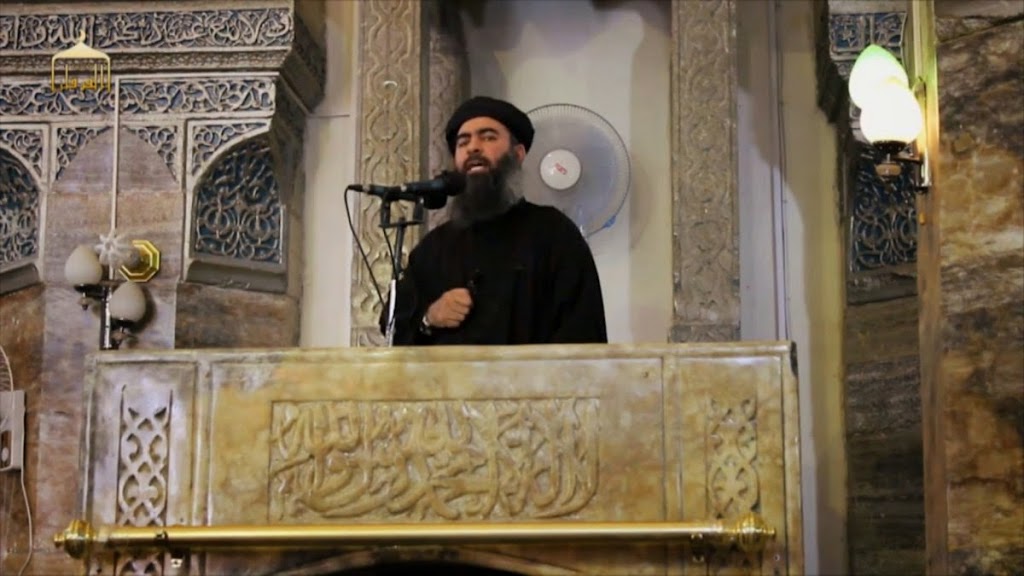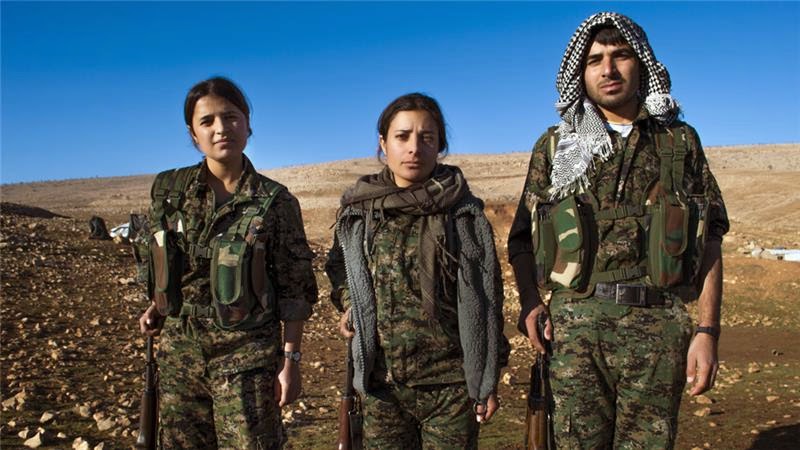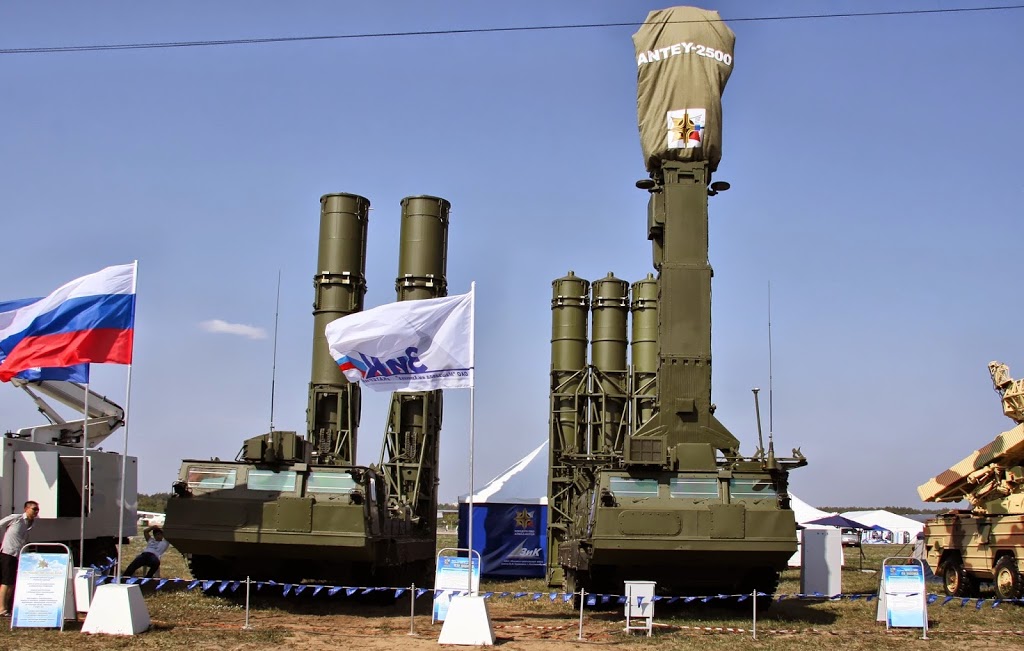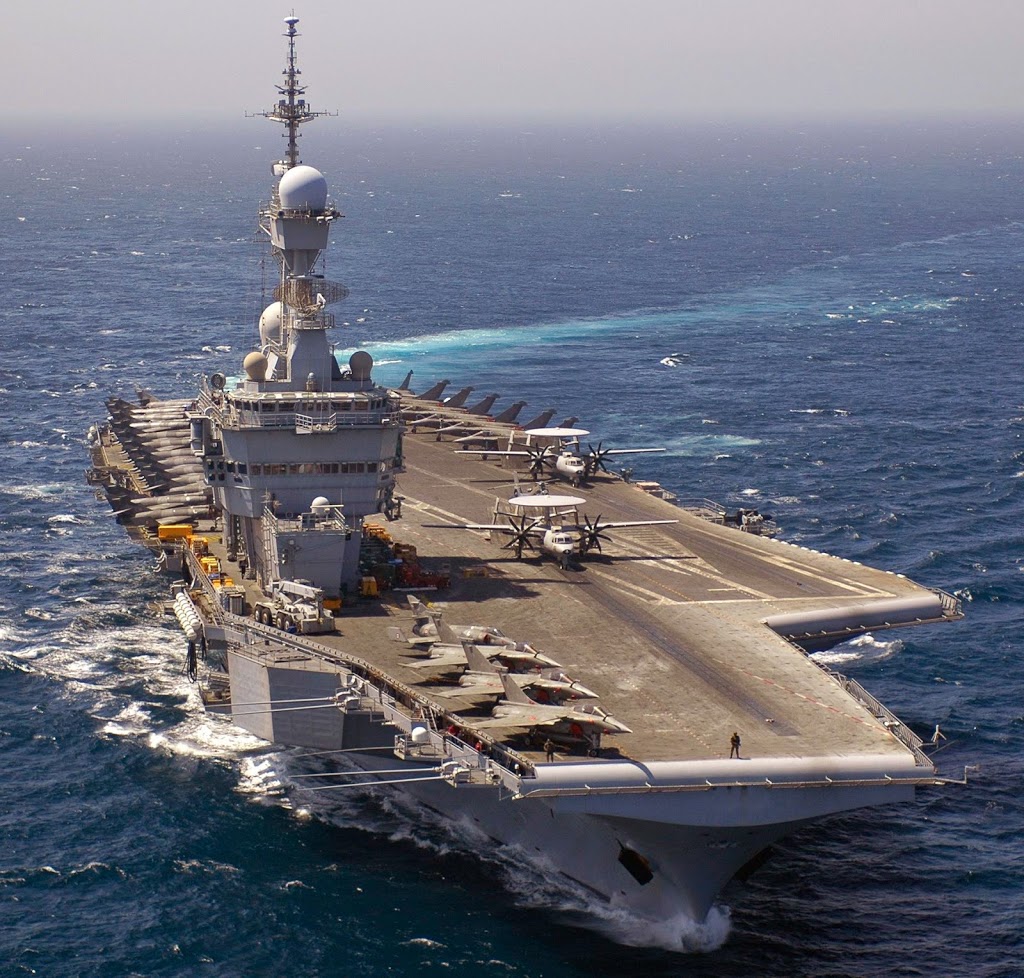A group of militants who are apparantly supporting the Islamic State of Iraq and Syria (ISIS) group have attacked a historic shrine and residential houses in Logar province.
Islamic State creates military Brigade for children
Libya: Benghazi catholic church ‘used as Isis arms depot’
The Chief of staff of the Libyan Air Force, Maj al-Jaroushi, has claimed that Isis in Libya uses Benghazi’s Catholic Church and the Commonwealth War Cemetery as ‘arms depots’.
The claim was made on Libya Awalan TV and tweeted by Good Morning Libya last night.
Coincidentally, the Maltese bishop of Benghazi, Mgr Sylvester Magro, recently arrived in Malta for a break. He will also be going to Rome to brief the Pope about the situation in Libya.
Source: timesofmalta
ISIS is ready to declare Emirate in Lebanon
The Islamic State (IS) militant group is ready to declare declare an Islamic emirate in Lebanon soon as part of its geographical extension. The group started preparations to establish a military organizational committee for Lebanese affairs.
The group has already started preparations to establish a military organizational committee for Lebanese affairs, according to the newspaper.
IS militants have in recent weeks been carrying out training exercises in the strategically important Qalamun Mountains near the Lebanese border. The notoriously brutal group has already seized vast territories of Syria and Iraq, and has several foreign branches.
IS already clashed with Lebanon’s army in August 2014 near the city of Arsal, on the border Syria.
Mediterranean under threat from Somali-style piracy from fighters loyal to Islamic State
The Mediterranean could see a return of Somalia-style piracy from fighters loyal to ISIS, experts warned last night.
ISIS seeks to attract more foreign fighters by opening two English-speaking schools for their children
Yazidis battle ISIL: Disaster ‘made us stronger’
A 600-strong Yazidi militia force has been fighting back against ISIL at Iraq’s Mount Sinjar.
Beritan Soza barely has to lower her head when she climbs out of the mud-caked tent she calls home. The 18-year-old clutches a Kalashnikov rifle that hangs off her shoulder, gripping it tightly so the strap does not slip. The gun, she tells Al Jazeera, was given to her three months ago by the Sinjar Resistance Units (YBS), and she has not let it out of her sight since.
Soza says volunteering to fight with the YBS – an all-Yazidi militia force of 600 fighters based on Mount Sinjar – has given her a feeling of control. Hundreds of thousands of Yazidis have been displaced since last August, when the Islamic State of Iraq and the Levant (ISIL) advanced on Sinjar in Nineveh province.
“I’m not a victim,” Soza says. “The disaster that happened to the Yazidi people just made us stronger. We know we don’t need anyone to help us now, because we are helping ourselves.”
The Yazidis, an ethno-religious minority in Iraq, follow an ancient Mesopotamian religion with roots in Zoroastrianism. Yazidis, referred to as “devil worshippers” by ISIL, have been targeted by the group’s fighters.
Soza and her family, along with thousands of others, fled to Mount Sinjar on the first day of ISIL’s assault on the area. Local Kurdish Peshmerga forces put up a weak defence before pulling back, leaving the Yazidi population unprotected.
Determined not to rely solely on outside powers for protection, the people on the mountain began to organise their own defence force. YBS fighters train alongside the People’s Protection Units (YPG), a Kurdish militia based in northern Syria, and the Kurdistan Workers’ Party (PKK), a Kurdish militia known for its clashes with the Turkish state.
About 10,000 Yazidis live in erratic rows of tents stretching across the mountain, looking down on swaths of ISIL- controlled territory below. Among them is Roghar Habaabi, who watches the plumes of smoke from Sinjar rise above the mountain from his family’s tent. Deep explosions reverberate from below, but they do not bother him – this is normal, he says.
When not fighting in the streets of Sinjar below, Habaabi says, he and his fellow YBS fighters patrol the mountain.
“They [ISIL] are barbarians,” Habaabi tells Al Jazeera. “They depend on car bombs and suicide attacks.”
The YBS is an unconventional presence. Young men and women in mismatched military fatigue ensembles move between tents. A young man with a belt of ammunition strapped across his torso carries cases of water back to a tent, a machine gun hanging off his back.
Young YBS fighters gather between the tents under the direction of Said Hassan Said, a leader of the Yazidi Democratic Movement (TEVDA), a political group that sponsors the militia.
Said, who also lives on the mountaintop, believes the YBS is just the first step towards a better future for Iraq’s Yazidi community. He says the Yazidi people need their own government, and is calling for an autonomous Yazidi region in Sinjar, with the YBS as its defence force.
“We want a Yazidi area, and we want the YBS to be the protector of it,” Said says. “What we are seeing now with the YBS, it will be bigger than this. This is all we have, and they will be here to protect the Yazidi people and Sinjar in the future. We want an army to protect this land and our religion.”
According to Thomas Schmidinger, a professor at the University of Vienna, the movement for an autonomous Yazidi region has gained traction in response to the ISIL crisis and in the wake of the Peshmerga’s abandonment of Sinjar last August.
“There are a lot of different lines of conflict within the Yazidi community about the question of an autonomous Yazidi region,” Schmidinger told Al Jazeera. “But what is obvious is that since August, many Yazidis consider themselves more distant to the Kurds, and would like to have an autonomous region, either within the [Kurdish Regional Government] or a separate entity within Iraq.”
The presence of the YBS is a step towards being able to defend the community, Schmidinger added – and a significant step towards autonomy. Habaabi says he would be willing to fight for this ideal.
“I was a student before, but I’m a fighter now,” Habaabi says. “I never imagined this, but I will stay a fighter as long as my people need me.”
Source: Al Jazeera
Iran studies Russian offer of new missiles Antey-2500 instead of S-300
The head of Russia’s Rostec conglomerate, Sergei Chemezov, said on Monday Moscow has offered Iran its latest Antey-2500 anti-aircraft missiles instead of S-300 surface-to-air missiles, and Teheran is weighing the decision, TASS news agency reported.
“As far as Iran is concerned, we offered Antey-2500 instead of S-300. They are thinking, no decision has been made yet,” Chemezov was quoted as saying.
Sisi: arabs must have united army force against ISIS
France deploys Charles de Gaulle aircraft carrier against ISIS in Iraq
France has deployed one of its aircraft carriers against the Islamic State extremist group in Iraq, AFP reports citing government officials.
France announced sending Charles de Gaulle aircraft carrier for use in military operations against Islamic State in Iraq in mid-January.
French President Francois Hollande told military personnel back then that that the Charlie Hebdo massacre carried out by Islamic extremists “justifies the presence of our aircraft carrier.”
The carrier is the largest Western European warship currently in commission, and is France’s only nuclear-powered surface vessel. The ship can carry 20 to 25 aircraft, including Super Etendard strike fighter jets, Rafale M multirole fighter jets and Aster missiles.
The ship’s deployment, during which it will provide airstrikes against Islamic State militants, is expected to last until May at the earliest.


